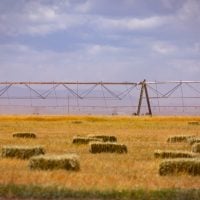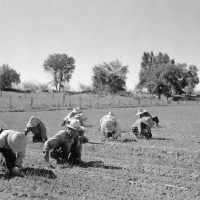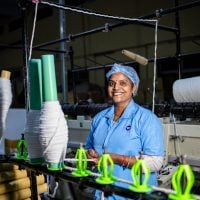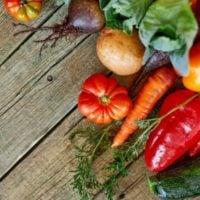Deadline: 29-Aug-22
The Global Alliance for Improved Nutrition (GAIN) and HarvestPlus are jointly issuing the Request for Proposals (RFPs) for Review of the environmental impacts of producing and commercializing biofortified staple crops.
The purpose of this RFP is to engage services of a Service Provider to conduct a review of the environmental impacts of producing and commercialising biofortified staple crops.
Scope of Work
The Service Provider shall provide the following services:
- Work with the GAIN and HarvestPlus teams finalize the research questions to be answered by the review.
- Lead the development of a review protocol (search terms, databases, etc.), and finalize based on input from GAIN and HarvestPlus.
- Undertake keyword searches in relevant databases and search the websites of relevant organizations (e.g., FAO, the CGIAR centers and others) to identify relevant documents, clearly documenting the search methods (including both published and grey literature).
- Screen all identified documents for inclusion using defined inclusion/exclusion criteria, clearly documenting reasons for exclusion.
- Review the full text of all relevant documents and extract relevant information using a standardized template.
- Regularly update GAIN and HarvestPlus on the progress of the review, including discussing initial results and using those to adapt strategies if necessary.
- Document all steps of the review process.
- Compile a PRISMA flow diagram detailing the number of records identified, included and excluded, and the reasons for exclusions.
- Develop an outline for the final manuscript, for GAIN and HarvestPlus review and approval.
- Draft a full manuscript on the review, including methods, data collection activities, results, and conclusions/recommendations.
- Revise and finalize manuscript based on GAIN and HarvestPlus input.
Objectives
The main objective is to undertake a scoping review that will present global learnings to date and consolidate specific knowledge related to the following research questions:
- Do biofortified staple food crops have a smaller environmental footprint compared to non-biofortified varieties (in terms of factors such as, but not limited to, use of inputs [e.g., fertilisers, pesticides, water], differences in yields, effects on soil health and carbon sequestration, etc.)?
- To what extent are biofortified staple crops more resilient to drought, salinity, disease, reductions in micronutrient contents, and other shocks and stresses compared to non-biofortified varieties?
- How compatible are biofortified staple crops with agroecological/regenerative agriculture systems (e.g., intercropping, rotation, no tillage)?
- Is the commercialisation of biofortified crops compatible with a wider transformation towards a more sustainable food system?
- Does providing biofortified crops to consumers lock in dependence on a small range of crops, rather than encouraging a greater diversification of the food system?
- What strategies could be deployed to mitigate any negative impacts of producing and commercialising biofortified crops?
Ineligible
The following proposals will automatically not be considered or accepted:
- Proposals that are received after the RFP deadline.
- Proposals received by fax or post.
- Incomplete proposals.
- Proposals that are not signed.
For more information, visit https://www.gainhealth.org/requests-for-proposals









































